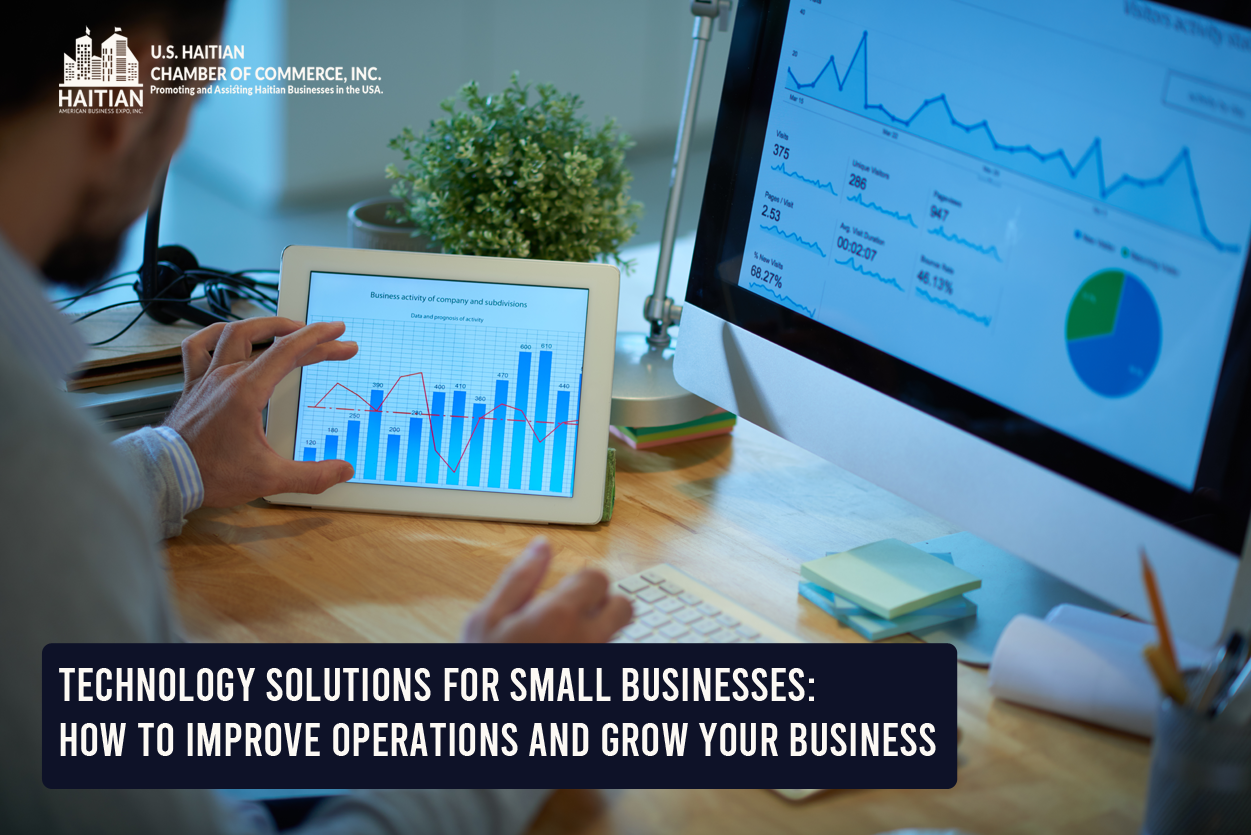Small businesses drive the economy, create jobs, and foster innovation. However, the task of managing a small business can be very challenging when it comes to resources, customer reach, and staying competitive. Fortunately, technology has advanced significantly in recent years, offering a variety of tools and solutions for small businesses to succeed. In this article, we will delve into how technology empowers small businesses to improve their operations and grow their business.
Effective communication and collaboration are essential for small businesses, and technology has transformed this aspect. Email and calendar software such as G Suite and Microsoft 365 helps small businesses stay organized and integrate with other platforms and apps, making collaboration among team members accessible. Instant messaging and video conferencing software like Slack and Zoom keep remote team members and clients connected, making it possible for geographically dispersed teams to work seamlessly. Project management software like Asana and Trello enables small businesses to manage multiple projects and tasks efficiently, providing a central location to prioritize, delegate and track progress.
Marketing and sales are other areas where technology can help small businesses achieve better results. Social media management tools like Hootsuite and Sprout Social make it easy to create and schedule social media posts and analyze their performance. Email marketing software like MailChimp and Constant Contact allow small businesses to send targeted and personalized campaigns, resulting in higher conversion rates. Customer Relationship Management (CRM) software such as Salesforce and HubSpot can help small businesses understand their customers better and build long-lasting relationships.
Technology also plays a significant role in the e-commerce space. Online store platforms like Shopify and WooCommerce make it easy for small businesses to set up and run an online store. Payment processing systems like Square and Stripe offer secure payment options, and inventory management software such as TradeGecko and Dear Inventory help small businesses avoid stockouts. Integrating with e-commerce platforms, these software solutions provide small businesses with an all-in-one solution to manage their products, inventory, and shipping.
Small businesses can also use technology to streamline accounting and finance processes. Bookkeeping software such as QuickBooks and Xero makes it easy to keep track of income and expenses, giving small businesses a better understanding of their financial situation. Invoicing and expense tracking software like FreshBooks and Harvest help small enterprises bill customers and easily track expenses. Financial management and reporting software such as Xero and Intuit offer valuable insights into a small business’s economic performance.
In conclusion, technology is vital for small businesses to stay competitive and succeed in today’s fast-paced economy. From communication and collaboration to marketing and sales, e-commerce, and accounting, a wide range of tools and solutions available can help small businesses achieve their goals. With the right technology, small businesses can improve their operations, reach more customers, and grow their revenue.


